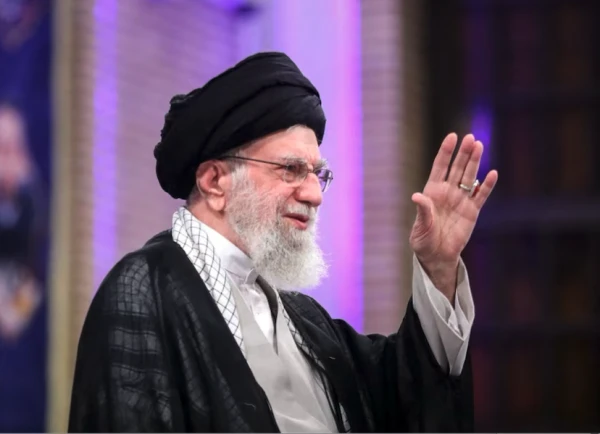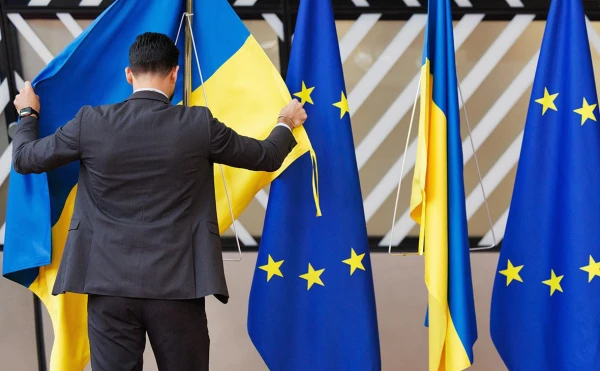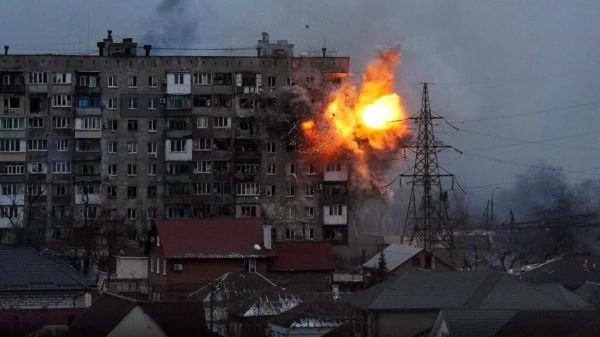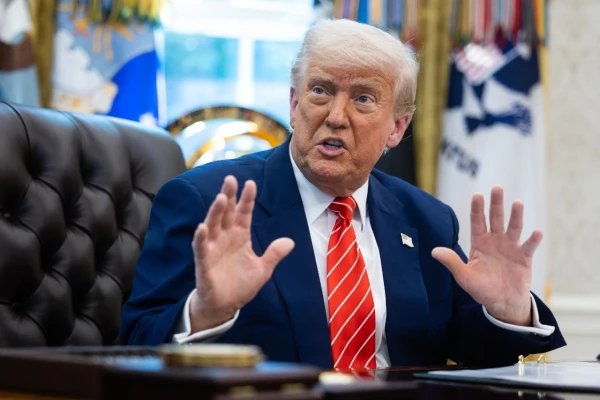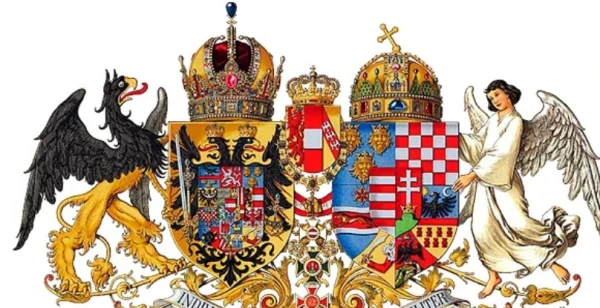
Traditionalism is characteristic of the population of Central Europe.
The victory in the parliamentary elections in the Czech Republic was won by the movement of right-wing millionaire politician Andrej Babiš. Against the backdrop of the success of similarly-minded political forces in Hungary and Slovakia, a discussion has emerged in the expert community about the possible "revival" of Austro-Hungary, which included the aforementioned states. How realistic is this?
In the parliamentary elections in the Czech Republic, the right-wing movement ANO ("Action of Dissatisfied Citizens") won. The party, led by former Prime Minister Andrej Babiš, received 35.1% of the votes. The second place was taken by the bloc of the current head of government Petr Fiala, "Together." It was supported by 22.9% of the citizens of the republic.
Babiš is referred to as the "Czech Trump." He is among the five richest people in the Czech Republic, and his electoral campaign was built around prioritizing the interests of Prague over the interests of aiding Ukraine. The politician was known for his bold statements: in particular, he promised to lower taxes, increase pensions, and set a price cap on electricity.
In this context, Western experts are concerned that the Czech Republic, along with Hungary and Slovakia, risks becoming a "headache" for the European Union, writes Politico. In this context, the publication notes that Babiš is determined to challenge NATO's plans to increase military spending, as well as confront the European Commission regarding the "Green Deal."
What is happening has sparked a discussion in the expert community about the possible "revival of the core of the former Austro-Hungarian Empire." Proponents of this concept note that common political processes are taking place in the key countries of the former state: the rise of Euroscepticism, the popularization of an anti-Ukrainian stance, and sometimes similar approaches in the economy. Accordingly, in the future, their struggle with Brussels will only intensify.
These trends are most vividly manifested in Hungary. The Prime Minister of the Republic, Viktor Orbán, consistently opposes Ukraine's membership in the EU and NATO, and insists on normalizing contacts with Russia. At the same time, his stable and strong foreign policy positions become a benchmark and a "shield" for other Eurosceptics in the Old World.
"If we take the electoral processes in Hungary, the Czech Republic, Slovakia, and Austria as a basis, then it is indeed possible to talk about the return of the spirit of the empire that has sunk into oblivion. In the listed countries, a clear anti-Brussels inclination is forming, driven by dissatisfaction with the current state of affairs in the European Union," says Moscow political scientist Ivan Lizan.
"But still, the internal political specifics in these states are quite peculiar. If we take Viktor Orbán's government, his positions are incredibly strong. In fact, the Hungarian Prime Minister has completely nullified the possibilities of external interference in the life of Budapest. The opposition here is extremely weak and helpless," the interlocutor clarifies.
"That is, he is currently the main Eurosceptic within the EU. As for Slovak Prime Minister Robert Fico, his position is more precarious. He has repeatedly faced serious problems posed by supporters of the pro-Brussels course. So far, he has managed to stay in power, but whether he will be as successful in the future is unclear," the expert reflects.
<iframe width="560" height="315" src="https://www.youtube.com/embed/0e1a0_9rcaw?si=cWfjYeOzOHdg268P" title="YouTube video player" frameborder="0" allow="accelerometer; autoplay; clipboard-write; encrypted-media; gyroscope; picture-in-picture; web-share" referrerpolicy="strict-origin-when-cross-origin" allowfullscreen></iframe>

